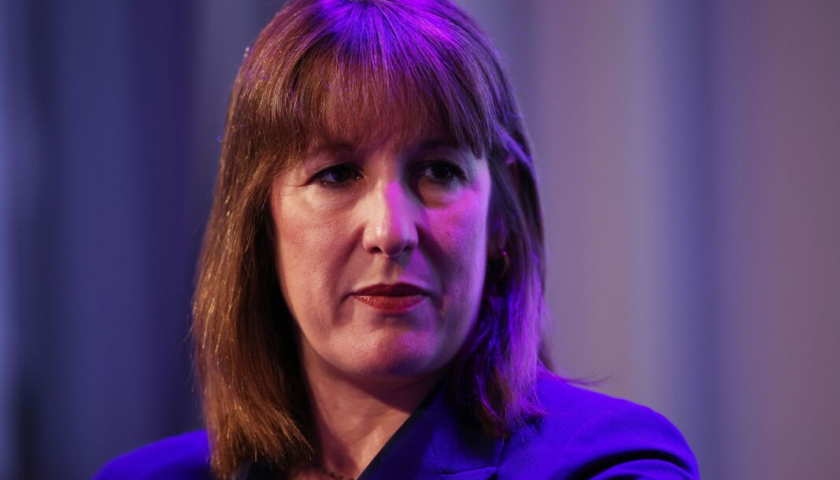Why has Serco’s asylum seeker proposal caused such a split in the landlord market? Here, we look at why the scheme has come about, how it could help you, and why the government needs landlords more than ever.
Landlords have faced challenge after challenge since the pandemic, and there’s still no end in sight. With regulatory pressures from the Renters’ Rights Bill and EPC deadlines, the current climate for landlords is chaotic. Notably, there’s been a distinct lack of any support from the government.
So, imagine our surprise when, ironically, the government has now turned to landlords for help housing the growing number of asylum seekers.
Many landlords have been astounded by this suggestion. The irony of the government increasingly regulating our sector, but now expecting landlords to play an essential role in solving arguably its biggest challenge, is not lost on us.
On the other hand, this could be an opportunity for stable rental income. Still, it begs the question: is this a genuine opportunity or yet another burden for landlords to face?
The Bigger Picture: Why the Government Needs Landlords Now
This year, April saw a new record for the number of small boats arriving in the UK in a day, putting increasing pressure on the Home Office to house those seeking refuge while going through the asylum process.
Currently, the government spends billions annually on hotels to house asylum seekers. This strategy is no longer sustainable due to the costs.
Now, the government is working with Serco to find a new solution that would give landlords a five-year deal to house asylum seekers.
What Serco Is Offering Landlords
As part of the proposed solution, Serco is offering landlords:
- Guaranteed rent for 5 years, funded by taxpayers
- Full property management, repairs, and maintenance included
- Utilities and council tax covered
The drive mainly targets HMO landlords to house as many asylum seekers as possible.
It’s much cheaper for taxpayers than hotels, costing £14 a night compared to £145 a night.
The Catch: What Landlords Need to Consider
Despite the guaranteed rent and cheaper costs for taxpayers, landlords have also expressed several genuine concerns about the scheme.
Some landlords have found the proposal ‘immoral’, with concerns over taking rental homes away from locals, when demand across the UK is already staggeringly high. Moreover, landlords could not vet the tenants before they move into the rental property, so the lack of control is a risk.
However, regardless of your political affiliation or opinions, the solution can’t work if lenders are unprepared to accept this risk on an application. Not all buy to let lenders accept company let agreements, and those that do may have restrictions on the tenants that can live in the property.
Furthermore, lenders are uncomfortable with the reputational risk of repossessing properties housing vulnerable tenants. You don’t want to breach your mortgage terms, so it’s worth speaking to a broker to see whether it’s an option you can consider.
Is This the Start of a Reconciliation?
As mentioned, the relationship between the government and landlords has been strained for some time.
After all, it was just last October that Rachel Reeves surprised us with a Stamp Duty hike on second homes and buy to let property. We’ve also had to worry about the Renters’ Rights Bill and ongoing ambiguity over EPCs.
But perhaps this proposal signals a shift. While it seems to be another challenge sent our way, it does show the government recognising the significant value landlords have in society.
Whether this sudden recognition justifies all the other challenges (or even this ‘solution’) is another matter entirely.
A Bittersweet Opportunity
We’ve seen mixed emotions about the proposal in the industry’s reaction to the Serco announcement. For some, the promise of guaranteed rent and hands-off maintenance feels like a welcome relief. For others, concerns around tenant control, mortgage restrictions, and reputational risk make it a harder sell.
As with any investment decision, it’s essential to weigh the pros and cons carefully to determine whether this could be a good opportunity for you.
Still, the government’s renewed interest in working with landlords could signal the start of a more collaborative approach.
Contact one of our highly experienced mortgage advisors today on 0121 500 6316 to discuss your mortgage needs.



